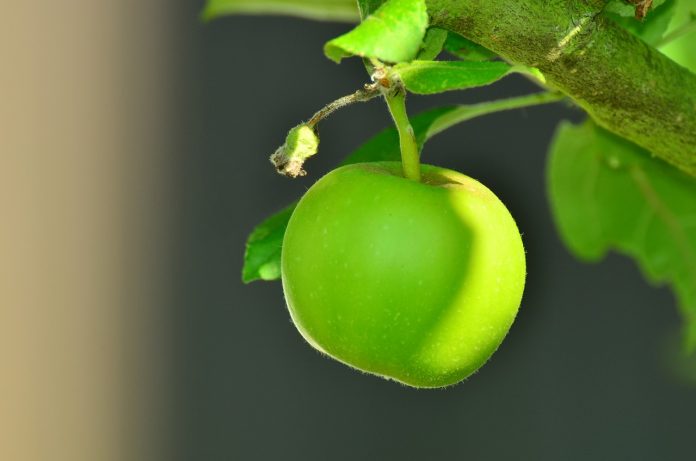Many moons ago, a class assignment had me searching for answers after I had likely wasted too much time outside instead of cracking the books.
While standing in the milking parlor one early morning, I asked my dad to synopsize the Great Depression for me. I knew people lost their fortunes, but I didn’t quite understand the grinding mechanism of it.
The whole nation went hungry, I knew, but it was the farmer who could feed the hungry, I reasoned. So, I asked, “how did the farmer suffer so bad?”
Apples
Dad thought before he answered. “Let’s start with apples,” was his answer, which I thought was a strange place to start.
But, he explained, everyone loves a good apple, and it was a crop I could understand. He described the enormous orchard farms of the eastern U.S.
“The orchards continued to produce good fruit, and yes, people were going hungry in the towns and cities. But the average orchard owners couldn’t afford to pay pickers to come help.
“They picked their own fragile crop till they were worn out, and when they went to sell them, turns out folks with a small orchard in their backyard, which was quite common then, had apples to sell too, and no one had the money to pay for them. The price of fruit fell below what it cost to pick and pack ’em. That crop rotted in the crates and on the ground.
“Those farm families produced a great crop, worked harder than ever to pick it, but no one could buy it.”
Impact
So, he continued, how did those farmers pay their bills?
The local hardware store suffered because suddenly their regular customers couldn’t afford to shop there. The blacksmith waited for customers who did not come. The mercantile shops didn’t see customers for days on end, and the town doctor had to accept food in payment for his much-needed services.
Drowning in this storm of falling prices, taxes and debt, the farmers were hit hard, and the small towns that farmers fed both literally and figuratively went down with them. Farmers forfeited their homesteads — in most estimates it is said to be 750,000 of them — between 1930 and 1935.
The orchard
Years later, I would find the book that best tells one family’s struggle, and I could feel my Dad speaking to me as I read it.
“The Orchard,” by Adele Crockett Robertson, is a beautifully written memoir of the land in Ipswich, Massachusetts, left to her by her physician father upon his sudden death in the spring of 1932.
Her Radcliffe education did not prepare her for the crushing poverty and hard work of trying to revive the orchard and the isolation it entailed. When she could have hired help simply by providing a meal, instead, she believed in paying a fair wage.
In time, she is rewarded for it, as the man she hires helps to fight off apple thieves, and summons enough workers to save an entire crop from hail by picking through the night.
Tough times
Our country is facing one of the worst chapters since the Great Depression.
Picking up this beloved book reminds me we really can survive through even the toughest of times.
Life’s storms are tumultuous; we have to find a way to be tougher than the hurricanes over which we have no control.













